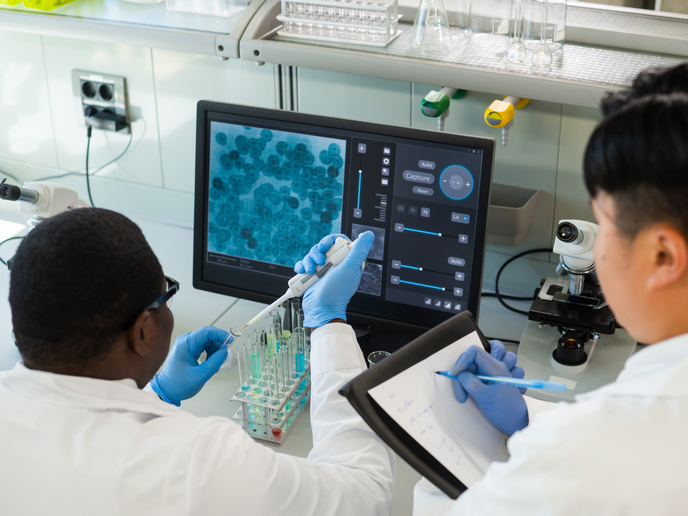Innovative new approaches to safer drug discovery
Evaluating the safety of new drug candidates before initiating clinical trials is a critical phase of drug development. The whole process is risky and expensive; bringing just one drug to market can cost around EUR 1 billion. A critical element of drug safety evaluations concerns potential adverse events related to the cardiovascular system. Even if a drug only minimally increases the chances of a heart attack, the impact across large populations could be disastrous. “There is also growing awareness that anticancer drugs can have long-lasting or delayed effects on the cardiovascular system,” says INSPIRE project coordinator Pieter-Jan Guns from the University of Antwerp in Belgium. “As such, the danger is that today’s cancer patients may become tomorrow’s heart failure patients.”
Cardiovascular safety evaluations of drugs
The overall aim of the INSPIRE project, which was supported by the Marie Skłodowska-Curie Actions programme, was to advance cardiovascular safety evaluations of candidate drugs. “There are two key issues here,” notes Guns. “First, will the drug do immediate harm to volunteers? And second, over the long term, will the drug present a risk to patients?” To address these key points, the project set about exploring innovative technologies and investigating cardiovascular dysfunction induced by drugs. “This was a training project,” adds Guns. “We brought in 15 PhD students, who were able to collaborate with industry and academia.” These industrial partners included not only pharma companies, but also innovative tech specialists focused on developing tools to better study cardiovascular effects, as well as patient advocacy groups.
Reprogramming cells, animal welfare and chemotherapy
The research was built around four key clusters. The first looked at reprogramming human skin cells to become heart muscle cells in the lab which can be used for drug testing. “A key advantage of this technique is that these are human cells, and not from an animal,” explains Guns. “There are no translational issues. There is also opportunity here to use patient-derived cells.” A second technology-focused cluster looked at developing new ways of minimising stress to animals. For example, new sensors were developed to monitor the heart parameters of animals living together. Typically, these animals would have been housed separately, which raises welfare issues. Students working on the third cluster meanwhile looked at ways of better evaluating issues such as hypertension. New models were developed to measure arterial stiffness and blood flow. And in the fourth cluster, a protein – called SERPINA3 – was identified as an effective biomarker for identifying patients at risk of cardiovascular dysfunction caused by chemotherapeutic drugs.
Next-generation drug safety evaluation experts
These are just some of the findings made through the project. Guns hopes that these promising results will now be followed up, as the students go on to build their careers. Indeed, the project has also had a hugely positive impact on training the next generation of experts in drug safety evaluation. Three students have already defended their PhD theses, with the others looking to defend in the coming year. Five highly successful summer schools were also organised, bringing together students, academics and industry experts. “The feedback from this was very positive, and the INSPIRE Summer School will continue in the years to come,” says Guns. “We were able to explain drug safety in drug development and provide some career perspectives, which was highly appreciated by the participants.”
Keywords
INSPIRE, drugs, patients, cardiovascular, cells, chemotherapy, cancer, biomarker







